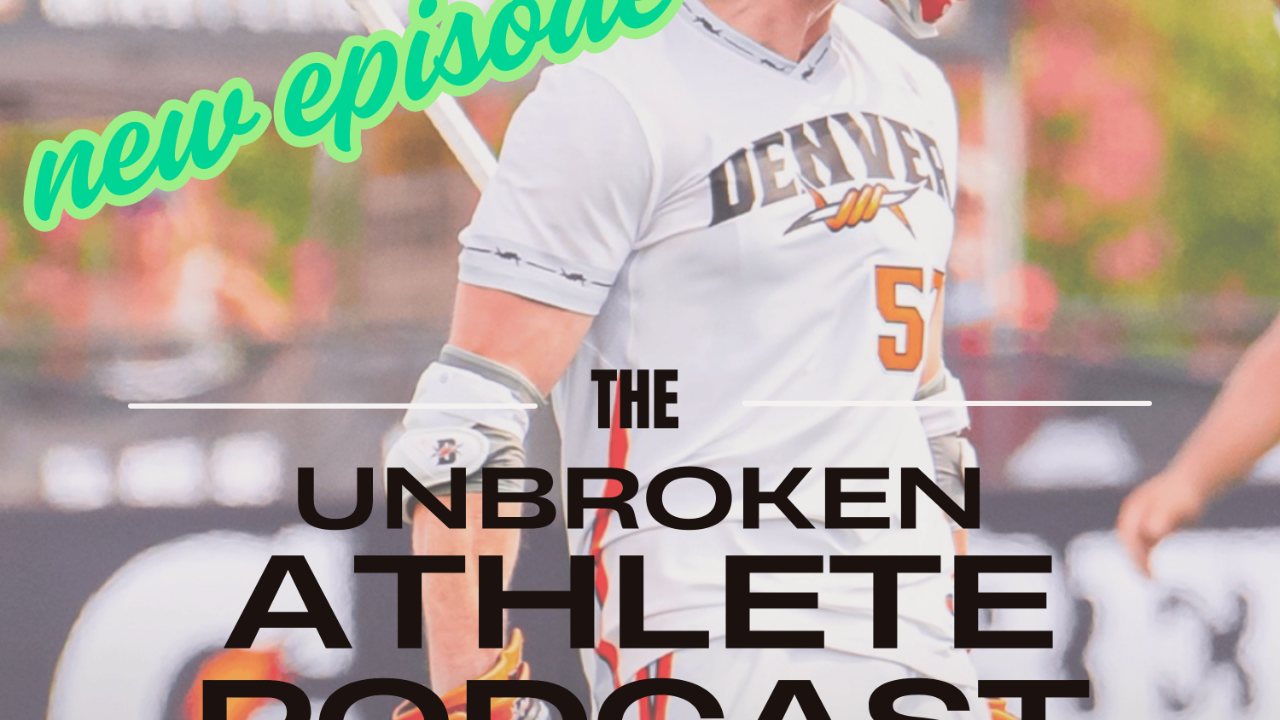Real Stories of Resilience

Injuries are an inevitable part of an athlete's journey, but they don't have to define the outcome. Whether it's a torn ACL, a dislocated shoulder, or a stress fracture, the physical pain is only half the battle. The real challenge lies in overcoming the mental hurdles, staying motivated, and rebuilding confidence.
Greg chats about his experience with injury, returning to play, and how he maintains his motivation.
At Unbroken Athlete, we believe that resilience isn't just about bouncing back—it's about bouncing forward, stronger and more determined than ever.
Why Resilience Matters in Injury Recovery
Resilience is the ability to adapt to adversity, maintain focus, and keep pushing forward despite setbacks. In sports injury recovery, resilience is crucial because:
-
It Fuels Motivation: Injuries can be demoralizing. Resilience helps athletes maintain a positive outlook and stay committed to their rehab journey.
-
It Builds Mental Toughness: Facing pain, setbacks, and slow progress can break even the strongest athletes. Resilience teaches patience and persistence.
-
It Restores Confidence: Returning to sport after an injury requires confidence in your body and abilities. Resilience helps rebuild that trust.
The Unbroken Athlete Approach to Building Resilience
At Unbroken Athlete, we focus on three pillars to cultivate resilience during injury recovery:
1. Mindset Mastery
-
Growth Mindset: Viewing setbacks as opportunities for growth rather than failures.
-
Positive Self-Talk: Replacing negative thoughts with empowering affirmations to stay motivated.
-
Visualization Techniques: Mentally rehearsing successful movements and comeback moments to build confidence.
2. Goal Setting and Small Wins
-
SMART Goals: Setting Specific, Measurable, Achievable, Relevant, and Time-bound goals to track progress.
-
Micro-Goals: Celebrating small milestones, like increased range of motion or decreased pain, to maintain motivation.
-
Accountability Partners: Leaning on coaches, physical therapists, or fellow athletes for support and accountability.
3. Emotional Resilience and Support Systems
-
Coping Mechanisms: Using mindfulness, meditation, or journaling to manage frustration and anxiety.
-
Building a Support Network: Connecting with teammates, family, and mental performance coaches for emotional support.
-
Seeking Professional Help: Recognizing when to seek psychological support to overcome mental blocks or fears.
In The Unbroken Athlete Podcast, we've featured inspiring stories of athletes who’ve faced major injuries yet came back stronger. Their journeys highlight the power of resilience, grit, and mental toughness. Here are some key takeaways from their experiences:
-
Embrace the Process: Recovery isn't linear. Accepting setbacks as part of the journey reduces frustration.
-
Redefine Success: Success isn’t just about returning to the field—it's about how you handle the journey back.
-
Mental Training Matters: Building resilience through mental training is as crucial as physical rehab.

